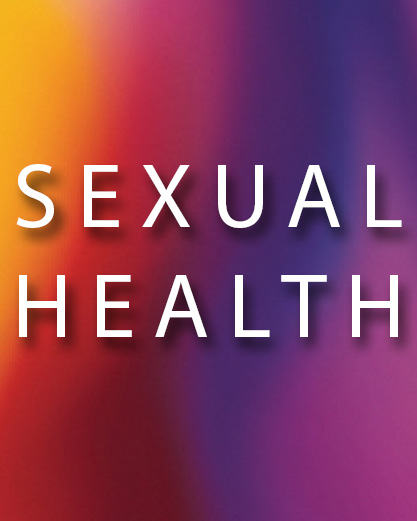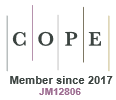SH25044Preferences on the uptake and completion of single- or three-dose regimen of benzathine penicillin G injection for the treatment of late syphilis: a discrete-choice experiment
 , Richard Norman, Daniel Vujcich, Jason J. Ong
, Richard Norman, Daniel Vujcich, Jason J. Ong  , Laurens Manning, Rochelle Tobin, Thel Hla
, Laurens Manning, Rochelle Tobin, Thel Hla  and Jonine Jancey
and Jonine Jancey 
Syphilis cases are increasing in Australia, particularly among men who have sex with men, but adherence to the current multi-dose treatment is often low. This study found that most men who have sex with men preferred a single high-dose benzathine benzylpenicillin G injection over the standard three-dose regimen. These findings support the development of a simpler, one-dose treatment, which could improve adherence and help control the spread of syphilis more effectively.
SH25044 Abstract | SH25044 Full Text | SH25044PDF (665 KB) | SH25044Supplementary Material (389 KB) Open Access Article




